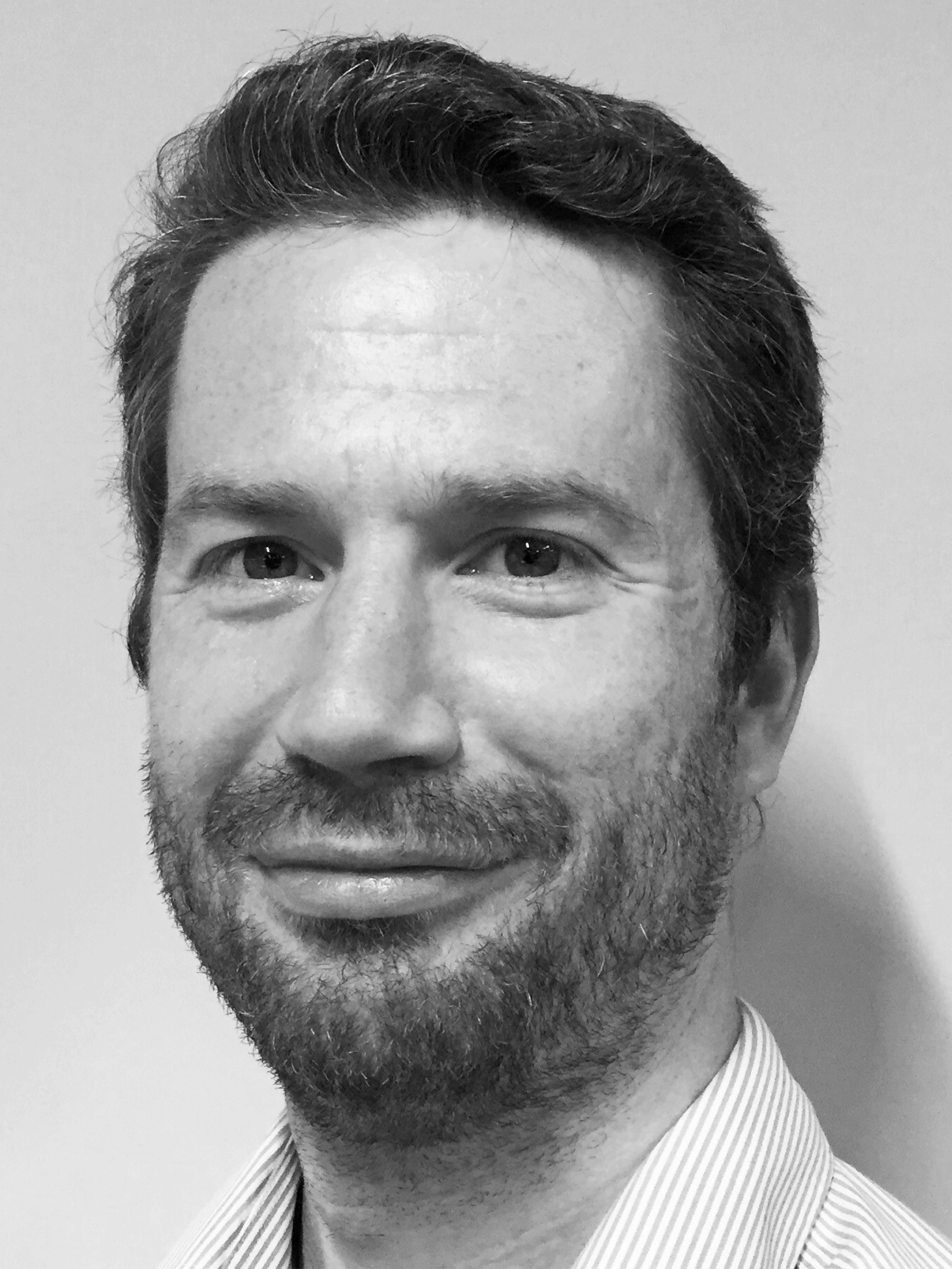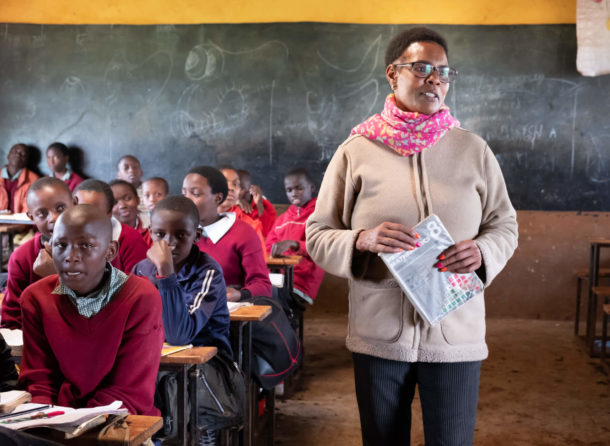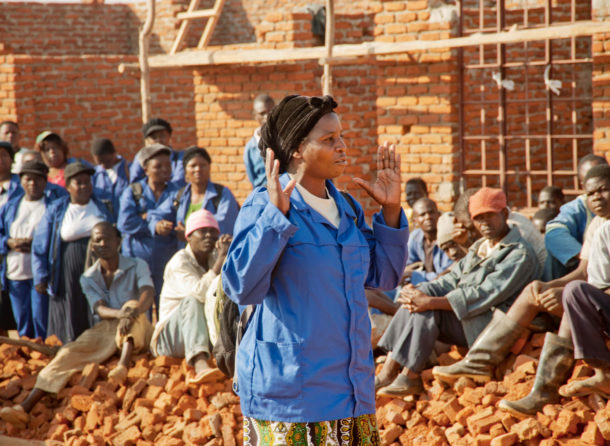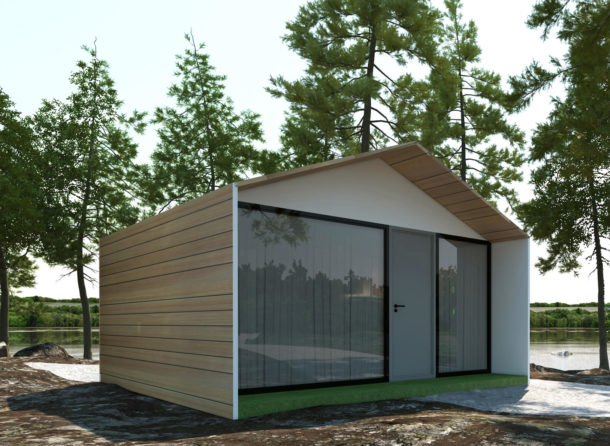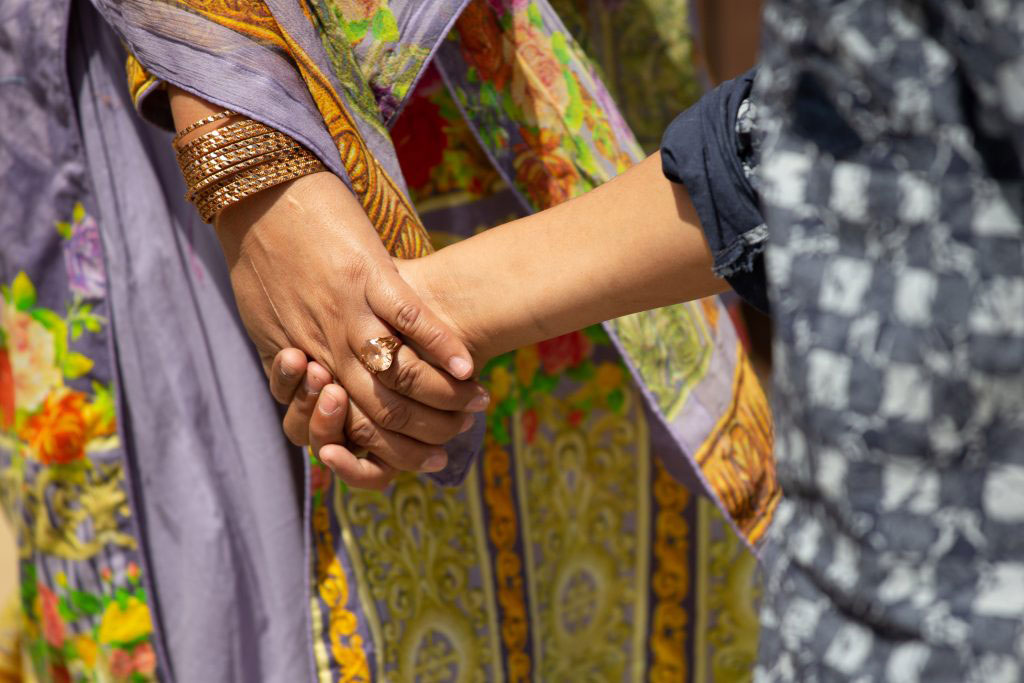
Gender
Data shows that for women and female-headed households a house is more than just a home, it’s a doorway to empowerment, financial inclusion and security.
Housing inequalities disproportionately affect women and girls. This is because for many women in emerging markets, their gender is a barrier to accessing decent, affordable and fully serviced housing. Reall advocates for women and girls to be included if we are to fully unlock this social and economic opportunity.
Women’s needs are not addressed
Housing and urban design are traditionally male dominated fields, which means that women’s needs are not being addressed at the design phase. It’s not just about the house, it’s where the house is located, and how close women are to infrastructure and transport which provide access to jobs. These elements can be different for women because they also often have additional responsibilities in the home which they must balance. If housing practitioners and urban planners don’t think of these differences, women are the ones who suffer.
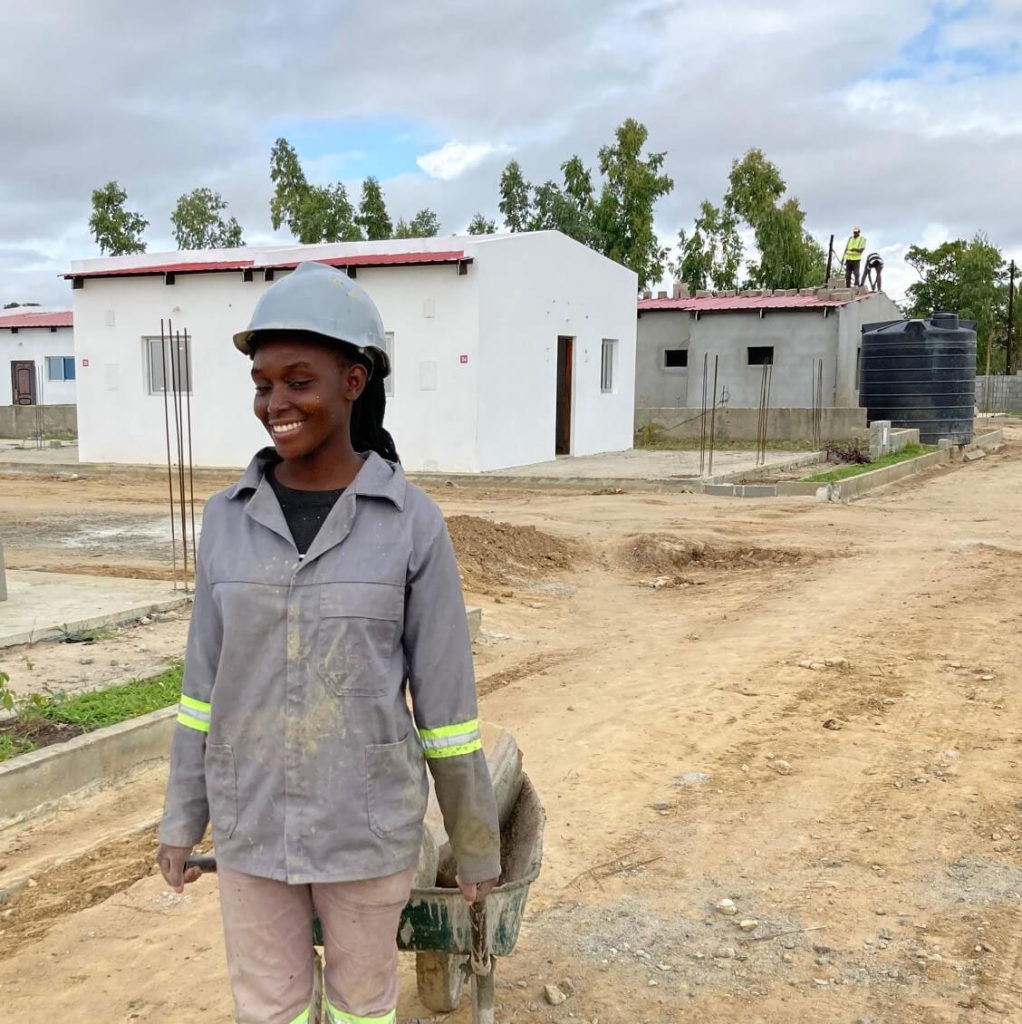
Access to housing finance and ownership rights
Women can often be denied access to housing finance because they earn less. Archaic policies can mean that women can’t inherit housing or will lose their house after divorce or death of their partner. In contrast, affordable homes present an opportunity for women because they give access to an asset. Particularly for women, this is known to lead to empowerment, giving status and influence in the household and as part of their communities more widely.
Economic stability and financial inclusion
Through accessing affordable finance to buy a home, women gain a foothold in the formal economy. Reall is building a body of data that proves women are excellent loan re-payors and demonstrating that women on low incomes are a good investment.
Women are able to use their houses to further increase financial stability using it as an asset to build a business. Research shows that women with strong property rights and inheritance in Africa can earn up to 3.8 times more income. Owning a home also improves a family’s economic security, providing resilience and empowering them to be able to invest in the future of their children.
Reall has invested over $70M into affordable housing developments since 2014, housing over 100K people on low incomes, of whom 55% are women and girls. Reall has directly catalysed this in its affordable housing communities, with 70% of women perceiving improvements to the safety and security of their families. These communities become more than a place to live, they are a place to thrive.
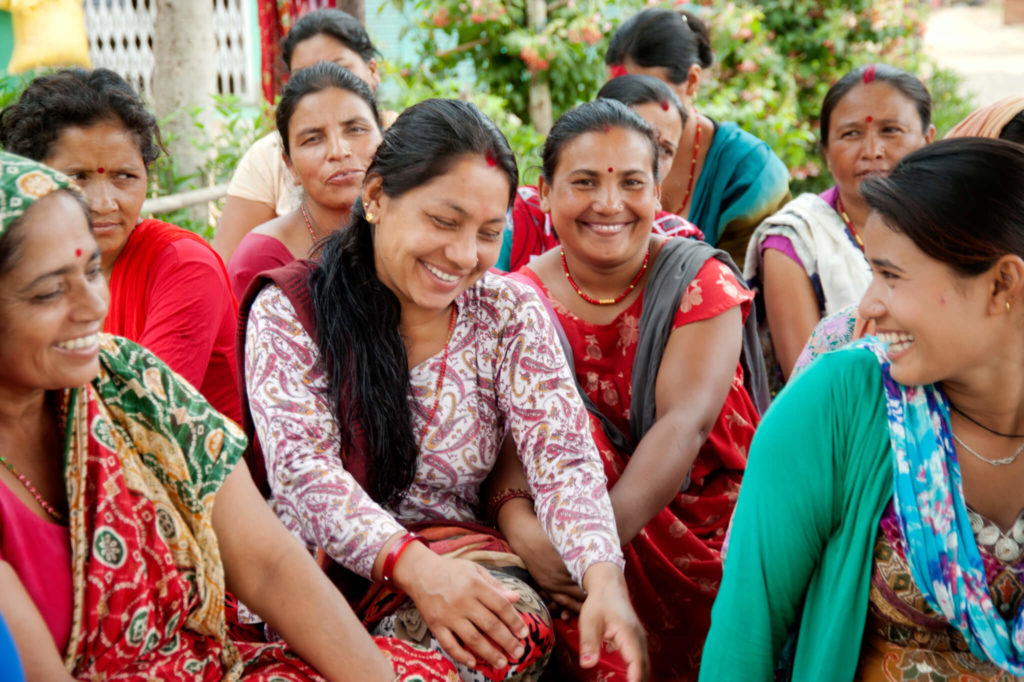
Livelihoods
Climate-smart affordable housing fundamentally supports women’s livelihoods, providing safer home-based economic activities and safer transport options. It enables girls to perform better at school by improving their health, reducing domestic care duties, and providing a private space for homework.
Ownership
Reall advocates for land and housing to be legally owned by women across Africa and Asia. Secure land and homeownership enhance the social position and financial security of women, while reducing the tolerance of domestic violence. This equips women with a transferable asset in their name that can be leveraged to secure financial services and inherited by their children.
Safety and security
Data shows that having a secure and affordable home reduces vulnerabilities – women who own land are up to eight times less likely to experience domestic violence than women without. Reall’s research shows that longer term, women particularly gain a real sense of security, building a community where they feel safe and can thrive.
Housing is healthcare
Reall’s affordable homes provide electricity, water and sanitation. Access to these basic needs significantly improves the physical health and mental wellbeing of women and girls. Studies show that children in South Asia whose mothers own land are up to 33% less likely to be severely underweight. Decent, affordable housing also provide a healthier environment for the care responsibilities which often fall most heavily on females.
Explore the Data Dashboard
CONNECT
WITH US
Ben Atkinson
Research, Evidence & Learning Manager
